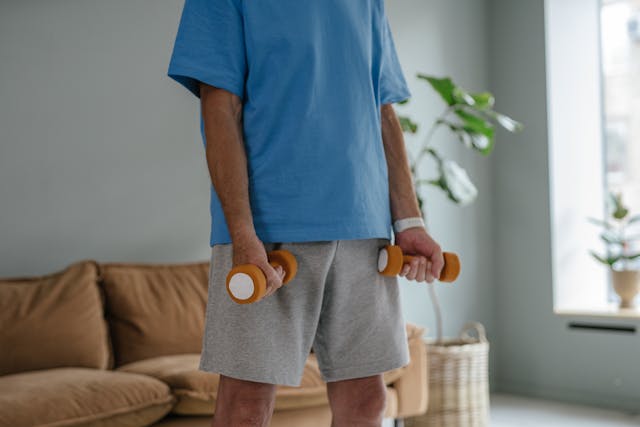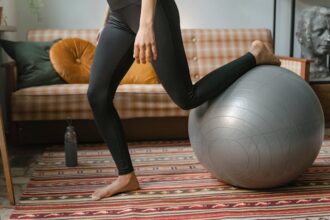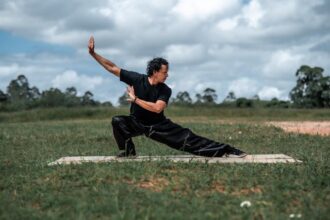Among older adults, the decline in lower limb strength—necessary for walking, standing, and maintaining balance—has long been recognised as a primary contributor to the need for long-term or nursing care. Previous research by the same team established a strong link between reduced leg function and the likelihood of requiring assistance in later life. However, while the role of lower limbs in mobility has been extensively studied, far less attention has been paid to hand function, despite its importance for performing everyday tasks such as dressing, cooking, eating, and personal hygiene. When hand dexterity declines, these basic self-care activities become increasingly challenging, which may lead to a gradual loss of independence and, ultimately, a greater need for professional care. Yet until recently, few studies had examined the degree to which declining manual ability is associated with future long-term care requirements.
To explore this relationship, the research team conducted a longitudinal study involving approximately 1,000 older residents of Kasama City, Japan’s Ibaraki Prefecture. These participants had previously undergone detailed physical fitness evaluations, including tests of hand dexterity and strength. Over a follow-up period of up to fourteen years, the researchers tracked whether these individuals eventually required long-term care. Their analysis revealed a significant trend: participants with poorer hand function faced a notably higher risk of needing nursing care than those with stronger, more agile hands. Even after controlling for factors such as age, sex, and lower-limb performance, diminished hand dexterity independently predicted a greater likelihood of care dependency.
A particularly novel aspect of this work was the discovery of a curvilinear dose–response relationship between hand function and the risk of requiring nursing care. Rather than a simple linear association, the findings showed that below a specific functional threshold, the risk rose sharply. Specifically, those who completed fewer than twenty-one circles in fifteen seconds during a dexterity test were significantly more likely to enter long-term care. However, once hand function exceeded this threshold, further improvements did not translate into a statistically significant reduction in risk, suggesting a performance plateau. This finding refines the understanding of how manual ability influences health outcomes, identifying a measurable benchmark for concern.
The implications of this research are considerable for both clinical practice and public health policy. Traditionally, efforts to prevent frailty and dependence in older adults have focused heavily on improving lower limb strength and balance. The present findings argue for a broader approach, emphasising that maintaining fine motor skills and grip strength is equally crucial for preserving autonomy. Regular activities that stimulate manual control—such as crafts, handwriting, musical practice, or targeted hand exercises—could therefore play a vital role in delaying or preventing care dependency. By identifying a quantifiable threshold of hand performance, the study also opens the door to practical screening measures that could alert healthcare providers to early declines before they become debilitating.
Ultimately, the study demonstrates that hand function, much like mobility, is a key determinant of healthy ageing. Its decline can subtly erode independence, while its preservation can extend the span of life lived without reliance on external care. As societies worldwide confront rapidly ageing populations, recognising the hands not merely as instruments of dexterity but as indicators of resilience and longevity marks an essential step toward ensuring longer, healthier, and more autonomous lives.
More information: Namhoon Lim et al, Dose-response Association between Hand Dexterity and Functional Disability: A Longitudinal Study from the Kasama Study, Annals of Geriatric Medicine and Research. DOI: 10.4235/agmr.25.0075
Journal information: Annals of Geriatric Medicine and Research Provided by University of Tsukuba








